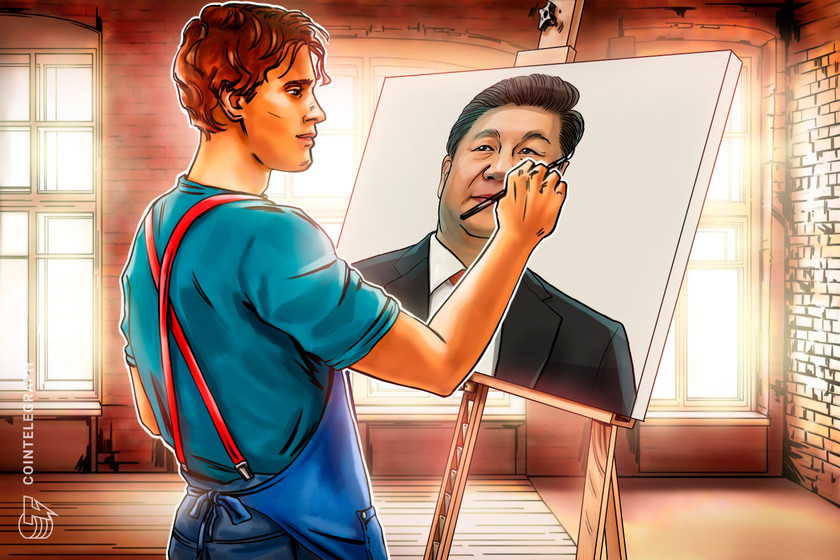Malaysia enlists China to help end USD dependence for trade


More proposals and currency concepts are emerging as Asia ramps up its efforts to distance itself from U.S. dollar hegemony.
China and Malaysia are considering moving forward on discussions regarding an Asian Monetary Fund, with a distancing from the U.S. dollar hegemony becoming a greater priority in the region.
On April 4, Malaysian Prime Minister Anwar Ibrahim reportedly said China was open to a proposal to set up an Asian Monetary Fund.
The concept of the Asian-focused fund was floated at a forum on the Chinese island province of Hainan last week, according to Bloomberg.
According to Ibrahim, China’s President Xi Jinping welcomed discussions on a proposed agency to help the two nations — and others in the region — distance themselves from the U.S. dollar and the International Monetary Fund (IMF).
Malaysia is among several Asian nations trying to detach itself from dollar dependence. Its central bank is working with the People’s Bank of China to conduct trade in their own currencies.
1. Following the global shift away from the US dollar, Prime Minister Anwar Ibrahim is in talks with China on forming an Asian Monetary Fund.
“There is no reason for Malaysia to continue depending on the dollar,” he told Parliament on Tuesday. pic.twitter.com/nyF1wmGPgX
— The Futurizts (@TheFuturizts) April 4, 2023
In late March, China and Brazil agreed to transact solely in their national currencies, cutting out the greenback completely.
An Asian Monetary Fund was initially considered in the 1990s, but Ibrahim thinks that now is the time, stating:
“Now with the strength of the economies in China, Japan, and others, I think we should discuss this — at least consider an Asian Monetary Fund, and, secondly, the use of our respective currencies.”
Also, in late March, a Russian state official spoke of a new currency for the BRICS alliance, as reported by Cointelegraph. It would be another effort to distance itself from the dollar, incorporating the burgeoning economies of Brazil, Russia, India, China and South Africa.
In October 2022, Chinese government researchers proposed a digital currency based on a basket of Asian currencies.
On April 4, South China Morning Post Columnist Alex Lo opined additional reasons for dollar distancing could exist.
Related: ‘Surgical removal’ of crypto will only weaken USD dominance, commentators say
Lo said more countries want to move away from the U.S. dollar, not just for economic reasons, but to “escape the clutches of the gangsterism of U.S. foreign policy, which in the past two decades has weaponized its global dollar dominance with increasing abandon.”
The end of the dollar as the world’s reserve currency could severely impact its value compared to other currencies and crypto assets. It could have a knock-on effect on the $133 billion stablecoin market, which is dominated by dollar-pegged stablecoins.
Magazine: Unstablecoins: Depegging, bank runs and other risks loom





















